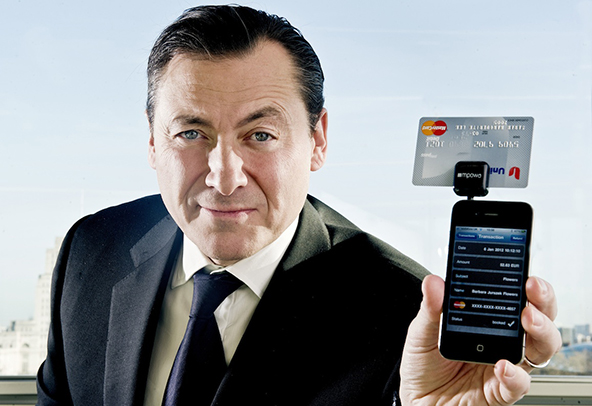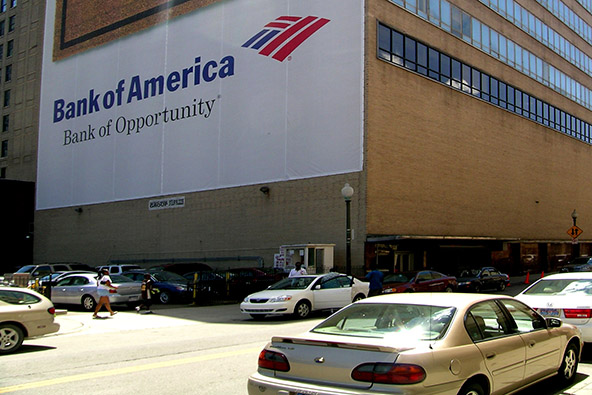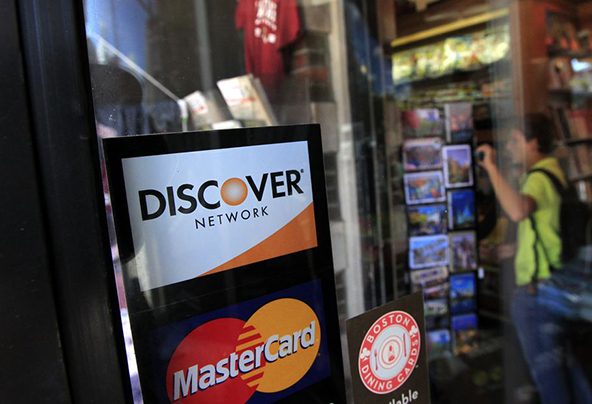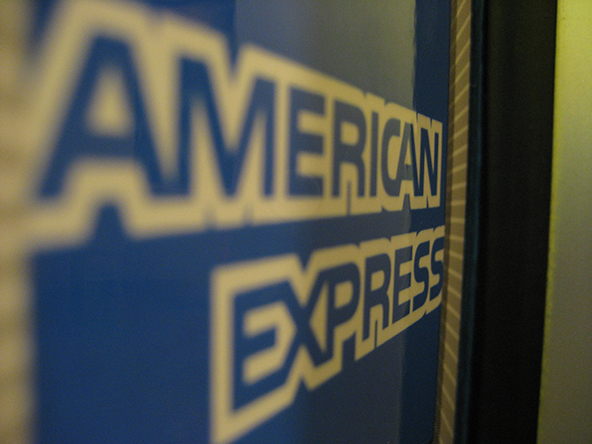What the British Empire Can Teach Us about Mobile Payments

The empire on which the sun never sets may be long gone, but people keep looking back at its long track record. Most of them are historians who still rummage through reams of paperwork and other relics of a bygone age and usually come to conclusions that are diametrically opposed to the ones reached by their predecessors. And then there is Dan Wagner (pictured), whose approach to mobile payments, the Wall Street Journal’s Ben Rooney informs us, “might have taken a leaf out of the British Empire’s playbook”.
Wagner is the founder of mPowa, a U.K.-based Square lookalike, which recently entered the U.S. market. We examined the newcomer back in early July and liked it quite a bit. See, most of the Square copycats, which keep flooding the market, are hoping to beat Jack Dorsey’s juggernaut at its own game, because… well, I don’t know why. mPowa, on the other hand, had come up with a unique strategy, which, I believe, gives it a fighting chance. Furthermore, drawing the right lessons from Empire’s glorious past won’t hurt, will it?
mPowa vs. Square
So what separates mPowa from the rest of the mobile payments crowd? Here is Rooney’s take:
The slick-haired and expensively suited Mr. Wagner is back with what at first looks like nothing more than a Square/iZettle clone. In reality, it is a far more subtle, and far bigger, play than that. Called mPowa, and launched earlier this summer, the hardware device is a chip-and-pin reader, which separates it from Square (mag stripe only) and iZettle (chip and sign).
Well, that comparison is quite insufficient. There is more than subtlety and size that makes mPowa stand out from the crowd and it all has to do primarily with flexibility. Here is what we said in our initial review of the service:
On the outside, mPowa’s service does look very Square-like. Users get a card reader that plugs into their smart phones and they are ready to go. Yes, mPowa supports BlackBerry and Windows, but that’s a relatively insignificant upgrade and yes, mPowa supports EMV-based, as well as mag-stripe-based cards, but there are still virtually no EMV cards in the U.S. So where is the competitive advantage? Well, for a change, this time there actually is one. The British start-up allows its service to be used as an addition to, not necessarily a replacement of, its users’ existing credit card processing services. None of its competitors does that and I think mPowa may be on to something.
It’s far from certain that flexibility will be enough to make a difference, but it gives the start-up a chance, I think.
The End Game
However, payment processing is not exactly Wagner’s ultimate objective, we learn. In reality, “the card reader is actually a Trojan horse to a far bigger goal”, Rooney tells us. So what is the end game then? Well, here it is:
The ultimate aim of mPowa is not to provide a hardware device for people to take plastic cards. Mr. Wagner hopes it will be the way by which banks, or any one else (Mr. Wagner won’t be drawn but says he has had considerable interest from a large number of major brands) can seize the mobile wallet crown. It is about getting merchants and banks to aggregate around a technology.
He sees a future where a bank or card providers’ customers have been using mPowa for payments for some time.
“Down the road, say five years from now, your download history is captured by us. Now the bank says to you download my personal wallet from us. If you download this app, all of your cards will already be embedded in it, it is a trusted source – it is your bank – and there is your wallet. End of story.”
So Wagner’s proposition is to white-label his service to banks and anyone else who might want it and to collect a small per-transaction fee (0.1 percent or so) from his clients. Will his strategy work? I don’t know, nor do I think that Wagner knows any better at this stage of the game. The rate at which the Square clones are popping up all around us suggests that building one is a fairly trivial process. If that is the case, why would you not build your own Square, rather than paying to use someone else’s?
The Takeaway
Rooney really runs away with his Empire / Wagner thing (am I the only one detecting some James Bond-type of flair in the photo above?):
Britain sustained its empire not by conquest, but by annexation. It simply took over existing power structures. Mr. Wagner is not seeking to own that wallet himself, nor is he seeking to replace the banks or other providers. He simply works with them.
However, the difference is that back in the days of Queen Victoria, if someone half a world away had the insolence to reject a royal demand, Empire could send in the gunboats, which usually proved to be very skillful negotiators. Wagner, in stark contrast, like the rest of us, is left to rely on much less glamorous negotiation techniques. How I wish I had an empire…
Image credit: mPowa.



So what has happened with mPowa now? Can’t seem to get a straight answer from them.
They are retiring the stripe readers starting today. They are providing me a free upgrade to chip’n’pin at the end of the year, they are suspending VISA payment services until the chip’n’pin readers come in.
They won’t tell me or any other customers what we are supposed to do about card payment using our accounts with them until the chip’n’pin readers are out, just that we can use the app as a cheque and cash register.
Facebook and Twitter is full of questions, all being told to contact support. Support aren’t answering, not even an auto responder. Their Twitter account says take VISA anywhere, their Facebook team says VISA is first to be switched off, both on the same day, very mixed messages from what should have been a British triumph in the modern mobile business world.
This is excellent! A year ago I was one of the many who waited patiently for Square to launch in the UK. But I decided to go with mPowa when they launched here. Great product and stonking service! I have not regretted having chosen mPowa and seeing them grow and grow is only making me more confident in them.